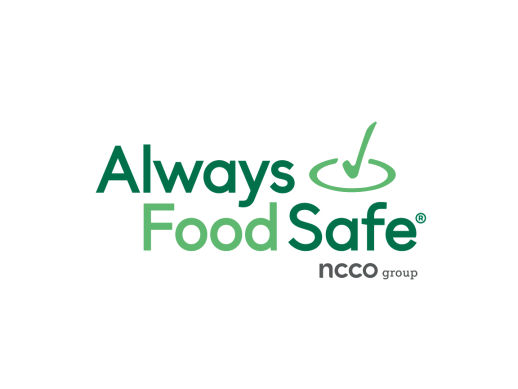Food allergens are an important component of food safety training. Over 15 million Americans have some sort of food allergy, with reactions ranging from mild to deadly. Allergen Awareness training teaches you how to prevent cross-contact with food allergens, as well as what to do if someone has an allergic reaction in your restaurant.

 English
English
 Spanish
Spanish
